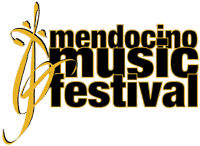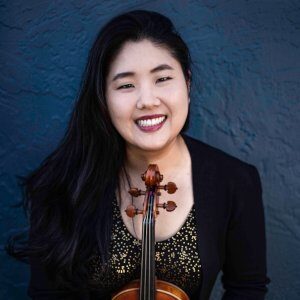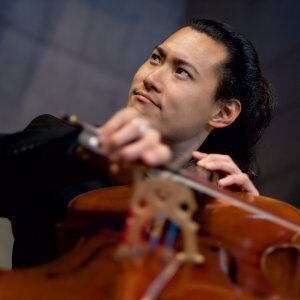
- This event has passed.
Festival Orchestra 2
Saturday, July 16, 7:30 PM PDT
$15 – $35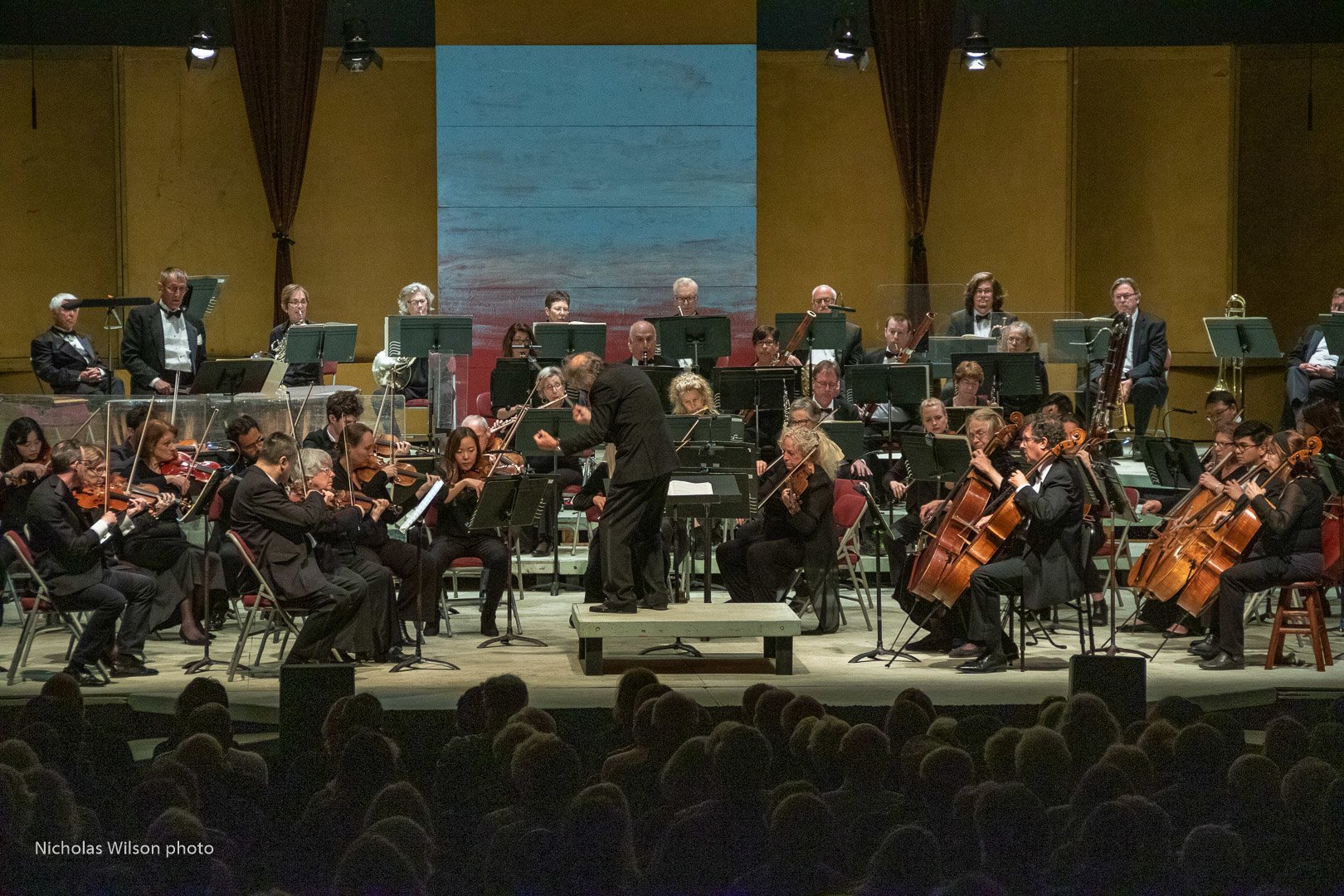
Debussy’s symphonic poem, Prelude to the Afternoon of a Faun, will take us into Debussy’s charming orchestral music. The mood will change with Mozart’s first orchestral masterpiece, Symphony No. 29. Jennifer Cho and Jonah Kim will be featured in Brahms’ last work for orchestra, the Concerto for Violin and Cello.
Debussy, Afternoon of a Faun
Mozart, Symphony No. 29
Brahms, Concerto for Violin and Cello
- Jennifer Cho headshot 300sqweb
- Jonah Kim, cello
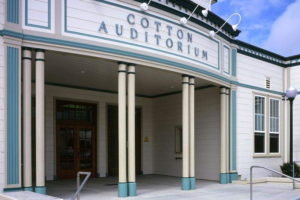
For 2022, the Festival’s main stage is again temporarily transplanted from our signature Tent Concert Hall in Mendocino Headlands State Park to the beautiful, iconic and historic 1938 Cotton Auditorium in nearby Fort Bragg. We’re pleased to also welcome the return of more intimate concerts in Preston Hall, our smaller Mendocino venue. While we’d hoped to be back in the Tent Concert Hall this year, the combination of pandemic-related disruptions in the availability of vital resources (such as labor) and lingering uncertainty about public health conditions this summer would have made that an unacceptably risky proposition. Meanwhile, work is under way toward our 2023 return to our home since 1985, the Tent Concert Hall on the Mendocino Headlands.
Proof of completed COVID-19 vaccination, including at least one booster, is required, and masks must be properly worn at all times while on event premises. Though it might exceed official requirements, this policy is based on current conditions and the results of our most recent audience survey.
Debussy: 2022 Featured Composer
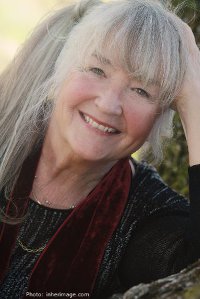
For 2022, Susan Waterfall’s composer series will feature the innovative and influential Claude Debussy. Immerse yourself in his world and his music, and understand how his music evolved over his lifetime with narrated chamber recitals featuring exciting guest artists, and various other settings of Debussy’s work across the Festival.
If you’d like to familiarize yourself with some of this music in advance, we recommend the following recordings and notes: String Quartet performance, String Quartet notes, more String Quartet notes, Afternoon of a Faun performance, Faun notes.
Waterfall’s productions always present exciting, absorbing playing of great music, but are also rare, distinctive examples of what can be called music education, though they’re more conversational, truly a sharing of perspective, interest, anecdote. There’s a sense of immediacy to her delivery, weaving in and out of the playing, an intimately conceived present awareness of this heritage. It’s something unique that needs to be experienced.” -Ken Bullock, Berkeley Daily Planet
